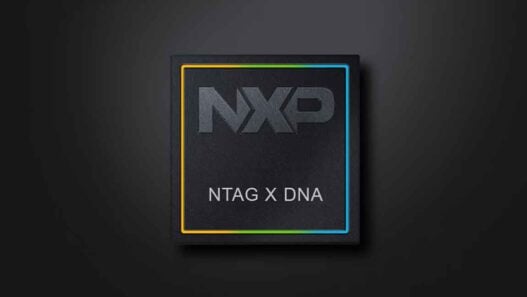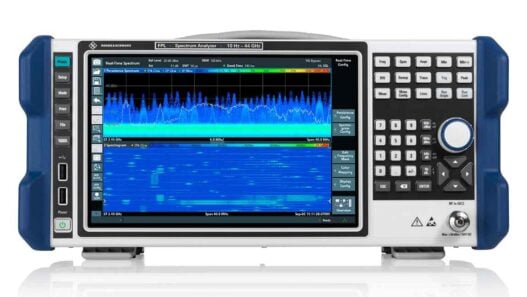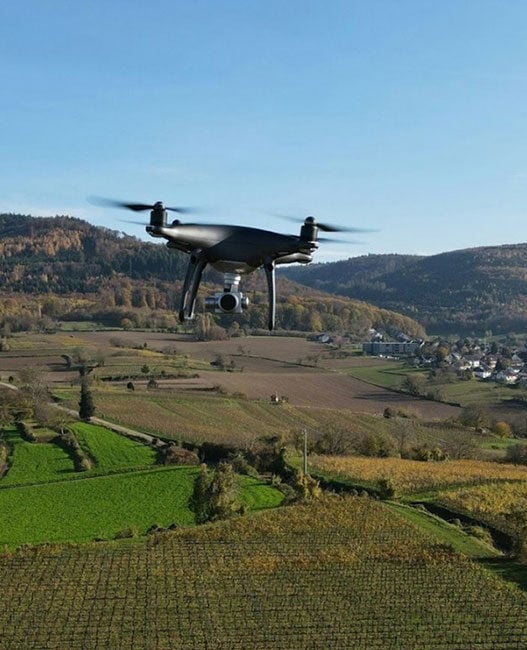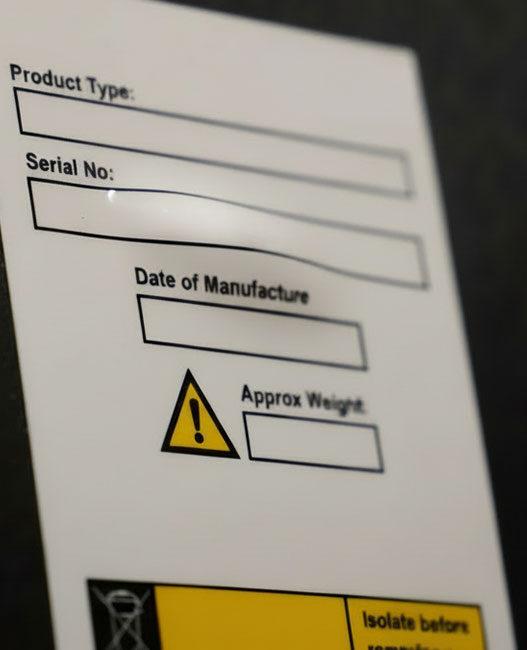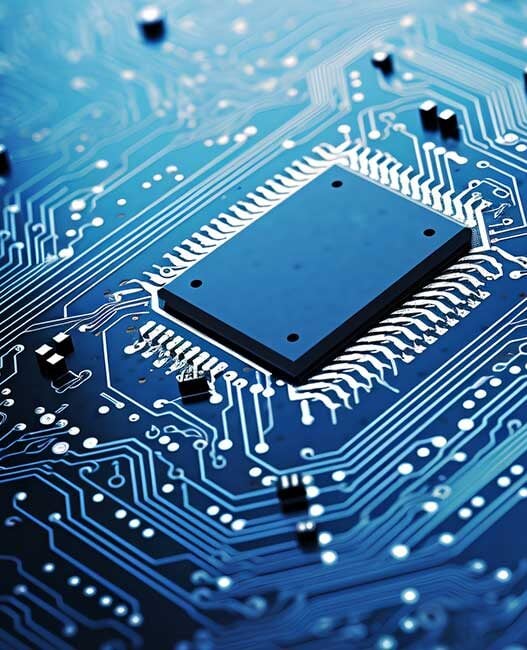The market has entered the mainstream and now encompasses a broad range of middle and basic entry level and lower cost home automation products, availability of which has widened for reasons such as more companies entering the market and a greater proportion of online and Internet sales.
Accessibility to smart home devices has dramatically increased, due to the ongoing growth in penetration of faster forms of broadband amongst UK households, as well as the continued rise in the number of people owning smartphones. A greater percentage of Internet users in the UK are now regularly accessing it via mobile devices.
Younger homeowners appear to be most positively inclined towards smart homes, even though they can sometimes be constrained by income levels. Nevertheless, this age group is likely to continue to represent the key consumer target group, due to their greater familiarity with technology.
Abdul Tantouch, Market Research at AMA Research said: “Recent advances in technology and innovation helped ameliorate the perception of cost being a hurdle in the growth of the home automation market but as manufacturers continue to address consumer concerns such as developing systems that dovetail into existing automation systems with minimal additional costs as well as technological improvements in data security have helped support the continuous growth of the automation market. The Home automation market is expected to hit double digit growth as soon as 2023 following the pandemic disruption with a forecasted increase of 47% by 2025”.
Cost savings from home automation, such as energy savings, are another important factor influencing uptake. As connectivity increases via the development of Internet of Things (IoT) technology, devices will be able to learn more about the habits of householders and work out how to run homes more efficiently.
In 2021, the market is expected to return to growth after the dip in sales caused by COVID-19, rising in value by around six percent. Over the longer term, annual growth should return as consumer awareness and penetration of the benefits of home automation increases. Much of this future growth is likely to come from the lower end of the market, specifically from mid to basic entry level systems.



